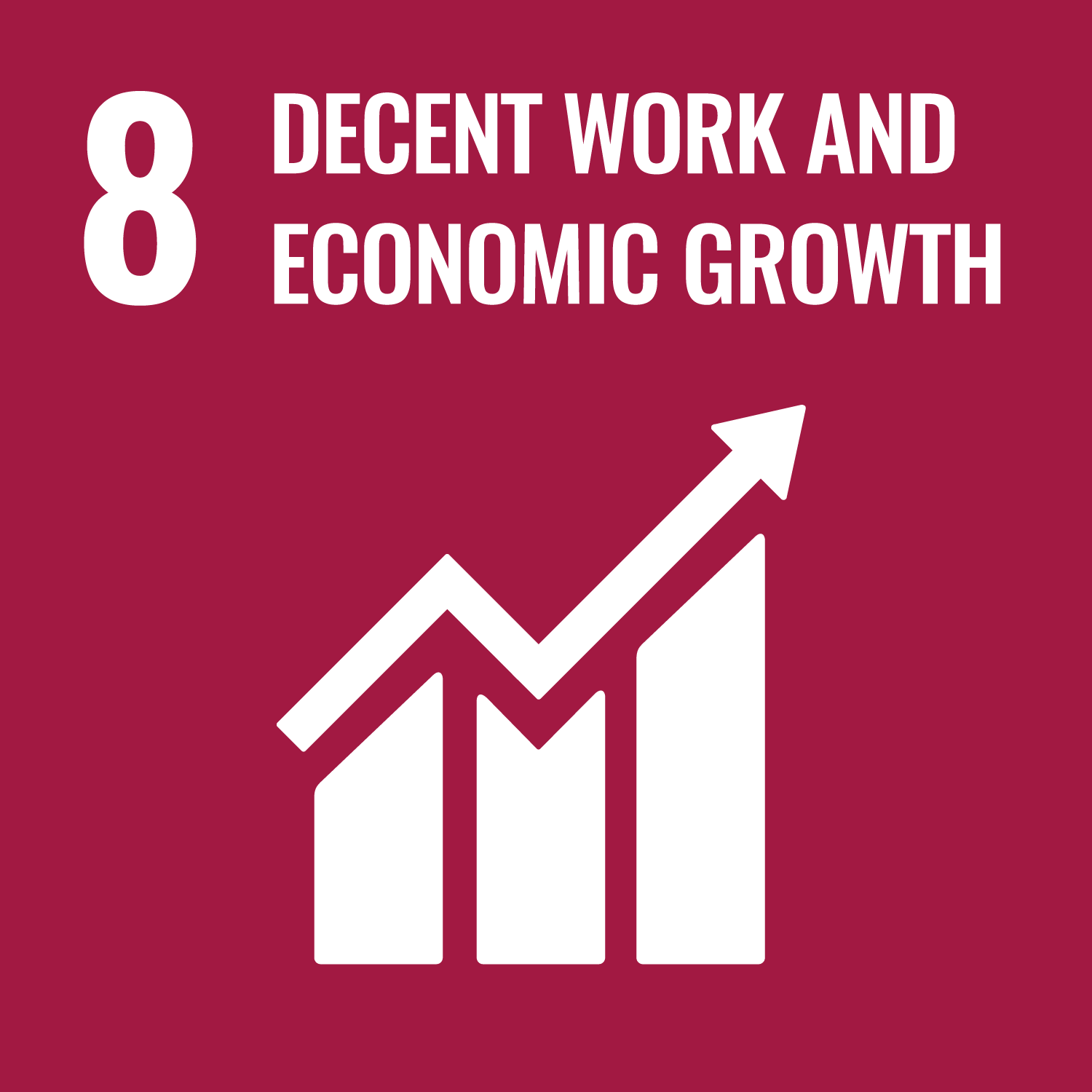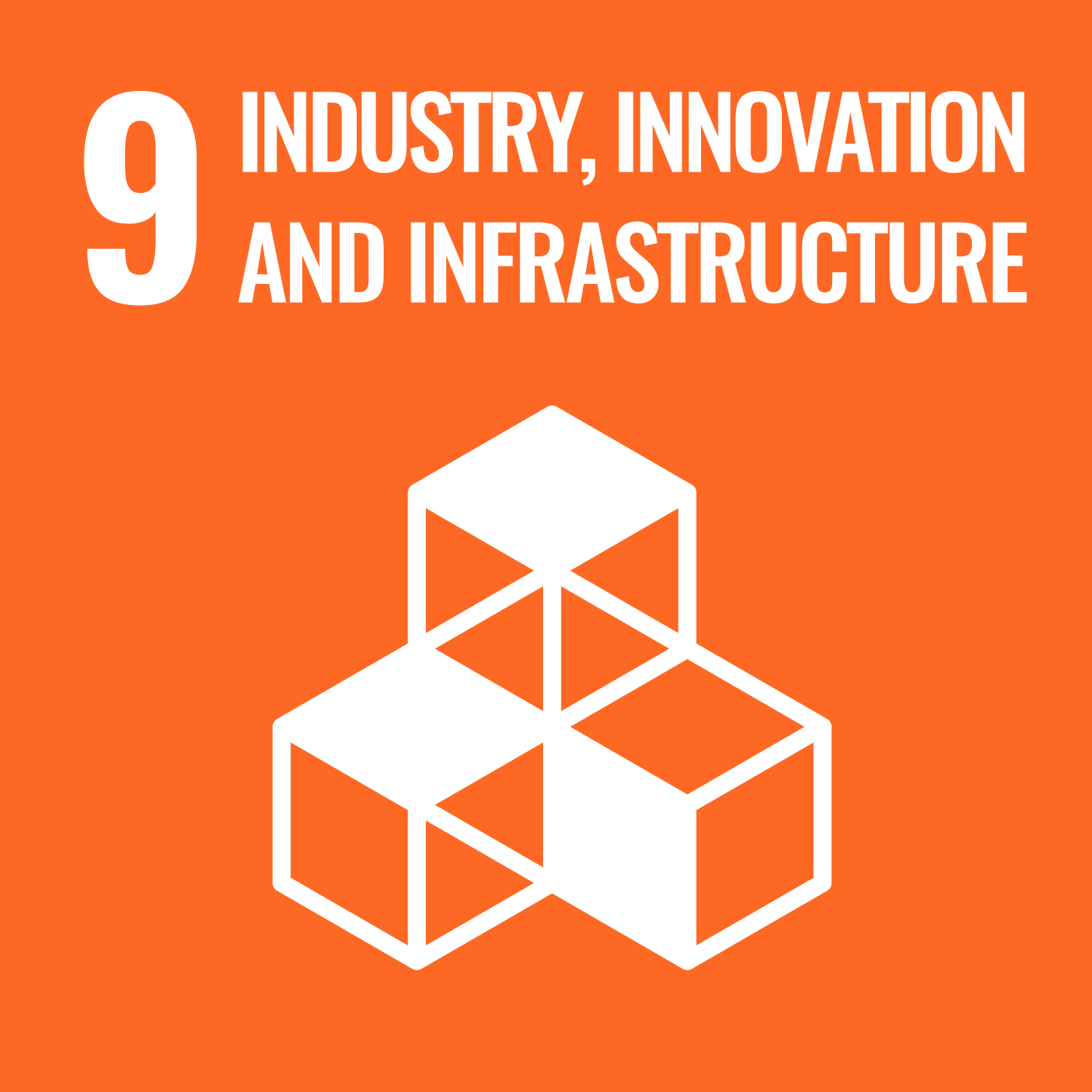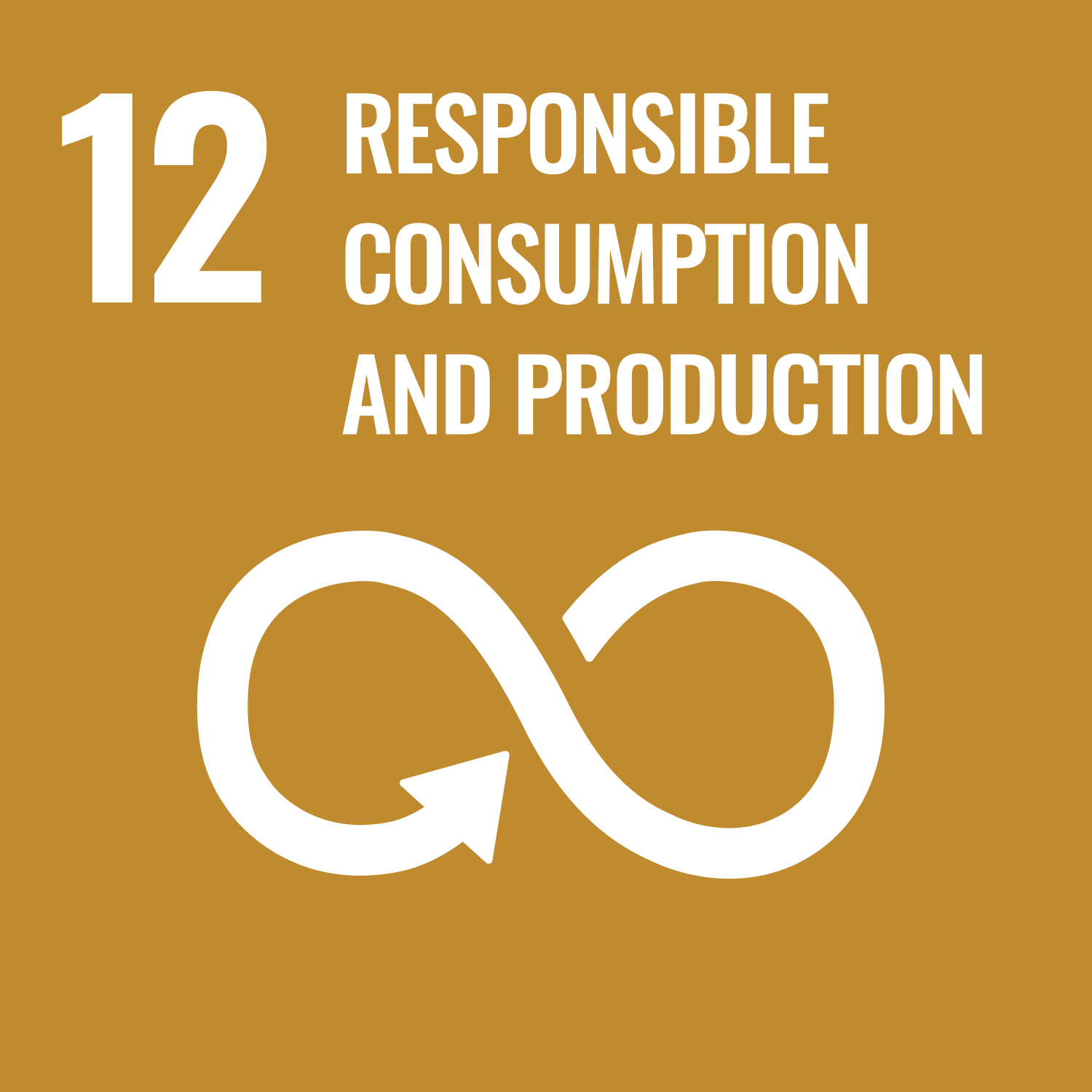ORCID
- Shaofeng Liu: 0000-0002-8330-3335
Abstract
The sustainability of agri-food supply chains (AFSCs) is severely threatened by regional and global events (e.g., conflicts, natural and human-made disasters, climate crises). In response, the AFSC industry is seeking digital solutions using Industry 4.0 (I4.0) technologies to enhance resilience and efficiency. However, why I4.0 adoption remains stubbornly low in the agri-food industry remains poorly understood. To address this gap, this study draws on middle-range theory (MRT) and uses thematic analysis, the fuzzy analytic hierarchy process, total interpretive structural modelling, and fuzzy cross-impact matrix multiplication applied to classification to produce insights from nine case studies in China that have invested in I4.0 technologies to improve their AFSC sustainability. New drivers of I4.0 unique to the agri-food industry are identified, showing how I4.0 can contribute to the environmental, economic, and social dimensions of AFSC sustainability. The results have implications for AFSC researchers and practitioners with an interest in supply chain sustainability.
DOI Link
Publication Date
2024-09-26
Publication Title
Information Systems Frontiers
ISSN
1387-3326
Acceptance Date
2024-08-30
Deposit Date
2024-10-18
Additional Links
Keywords
Agri-food supply chains, Fuzzy analytical hierarchy process, Fuzzy cross-impact matrix multiplication applied to classification analysis, Industry 4.0, Total interpretive structural modeling
Recommended Citation
Zhao, G., Chen, X., Jones, P., Liu, S., Lopez, C., Leoni, L., & Dennehy, D. (2024) 'Understanding the Drivers of Industry 4.0 Technologies to Enhance Supply Chain Sustainability: Insights from the Agri-Food Industry', Information Systems Frontiers, . Available at: 10.1007/s10796-024-10539-1





